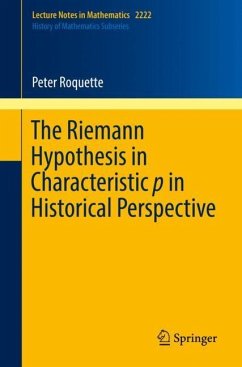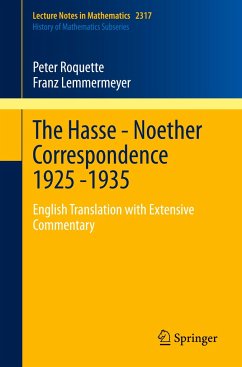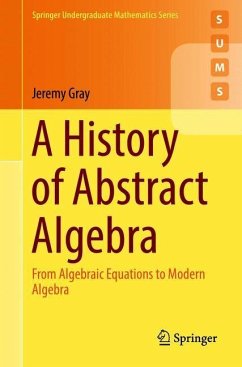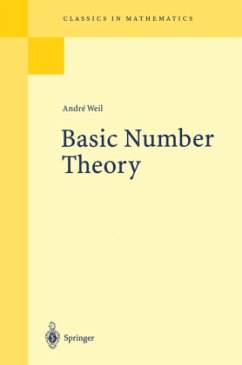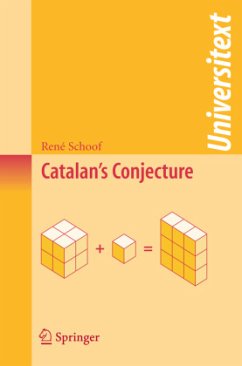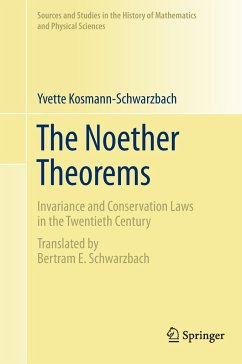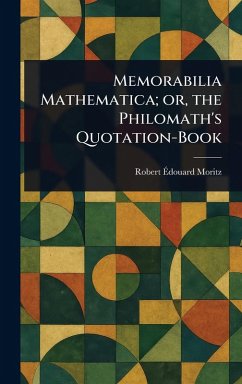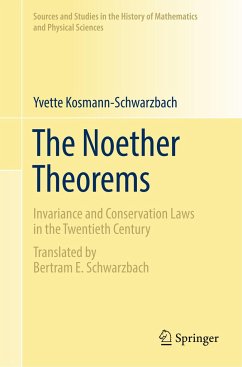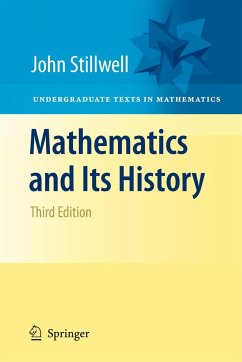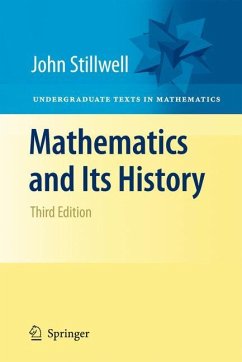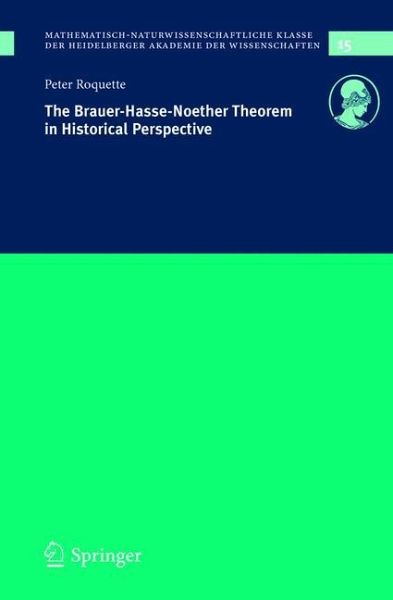
The Brauer-Hasse-Noether Theorem in Historical Perspective

PAYBACK Punkte
20 °P sammeln!
The unpublished writings of Helmut Hasse, consisting of letters, manuscripts and other papers, are kept at the Handschriftenabteilung of the University Library at Göttingen. Hasse had an extensive correspondence; he liked to exchange mathematical ideas, results and methods freely with his colleagues. There are more than 8000 documents preserved. Although not all of them are of equal mathematical interest, searching through this treasure can help us to assess the development of Number Theory through the 1920s and 1930s.The present volume is largely based on the letters and other documents its ...
The unpublished writings of Helmut Hasse, consisting of letters, manuscripts and other papers, are kept at the Handschriftenabteilung of the University Library at Göttingen. Hasse had an extensive correspondence; he liked to exchange mathematical ideas, results and methods freely with his colleagues. There are more than 8000 documents preserved. Although not all of them are of equal mathematical interest, searching through this treasure can help us to assess the development of Number Theory through the 1920s and 1930s.
The present volume is largely based on the letters and other documents its author has found concerning the Brauer-Hasse-Noether Theorem in the theory of algebras; this covers the years around 1931. In addition to the documents from the literary estates of Hasse and Brauer in Göttingen, the author also makes use of some letters from Emmy Noether to Richard Brauer that are preserved at the Bryn Mawr College Library (Pennsylvania, USA).
The present volume is largely based on the letters and other documents its author has found concerning the Brauer-Hasse-Noether Theorem in the theory of algebras; this covers the years around 1931. In addition to the documents from the literary estates of Hasse and Brauer in Göttingen, the author also makes use of some letters from Emmy Noether to Richard Brauer that are preserved at the Bryn Mawr College Library (Pennsylvania, USA).





